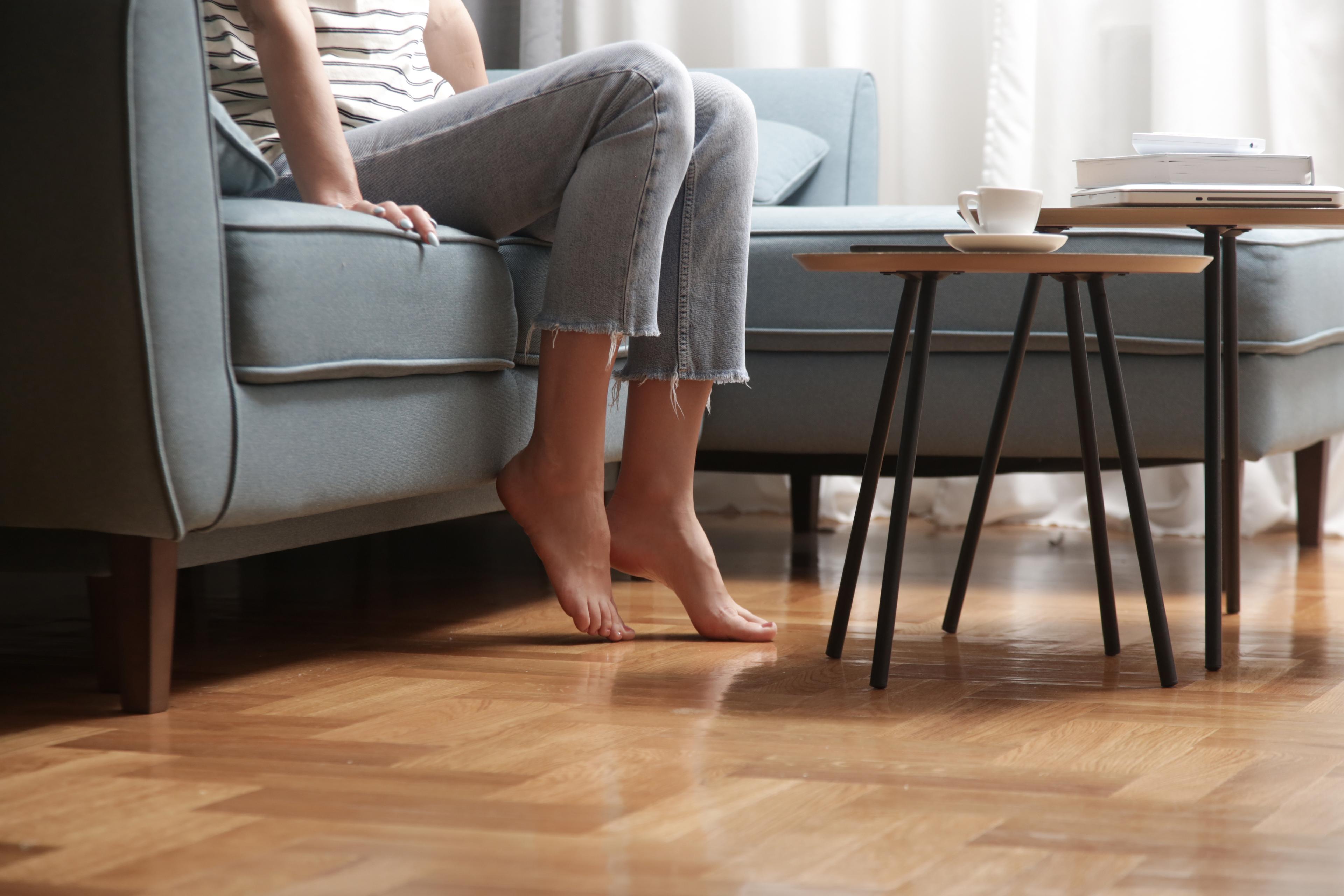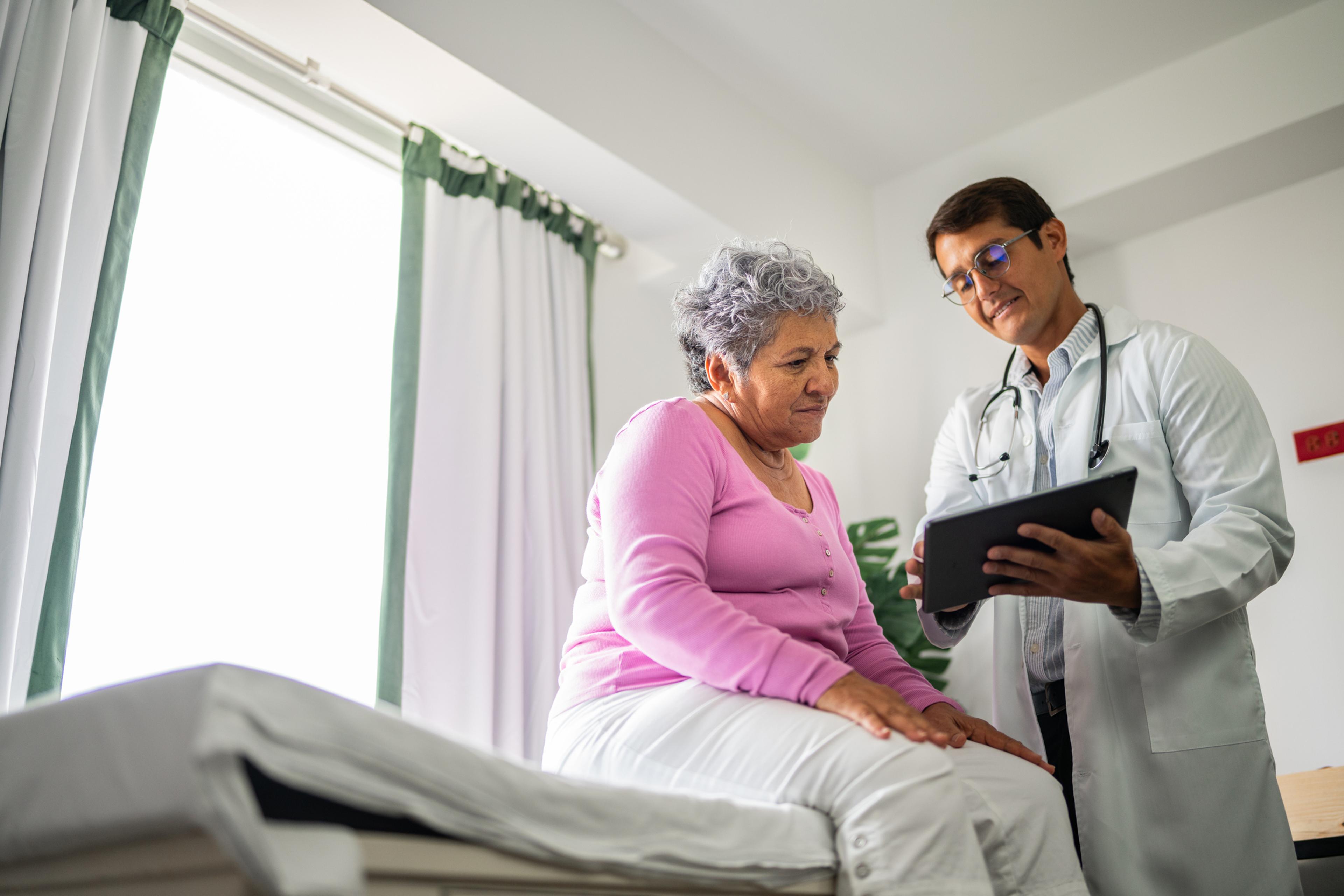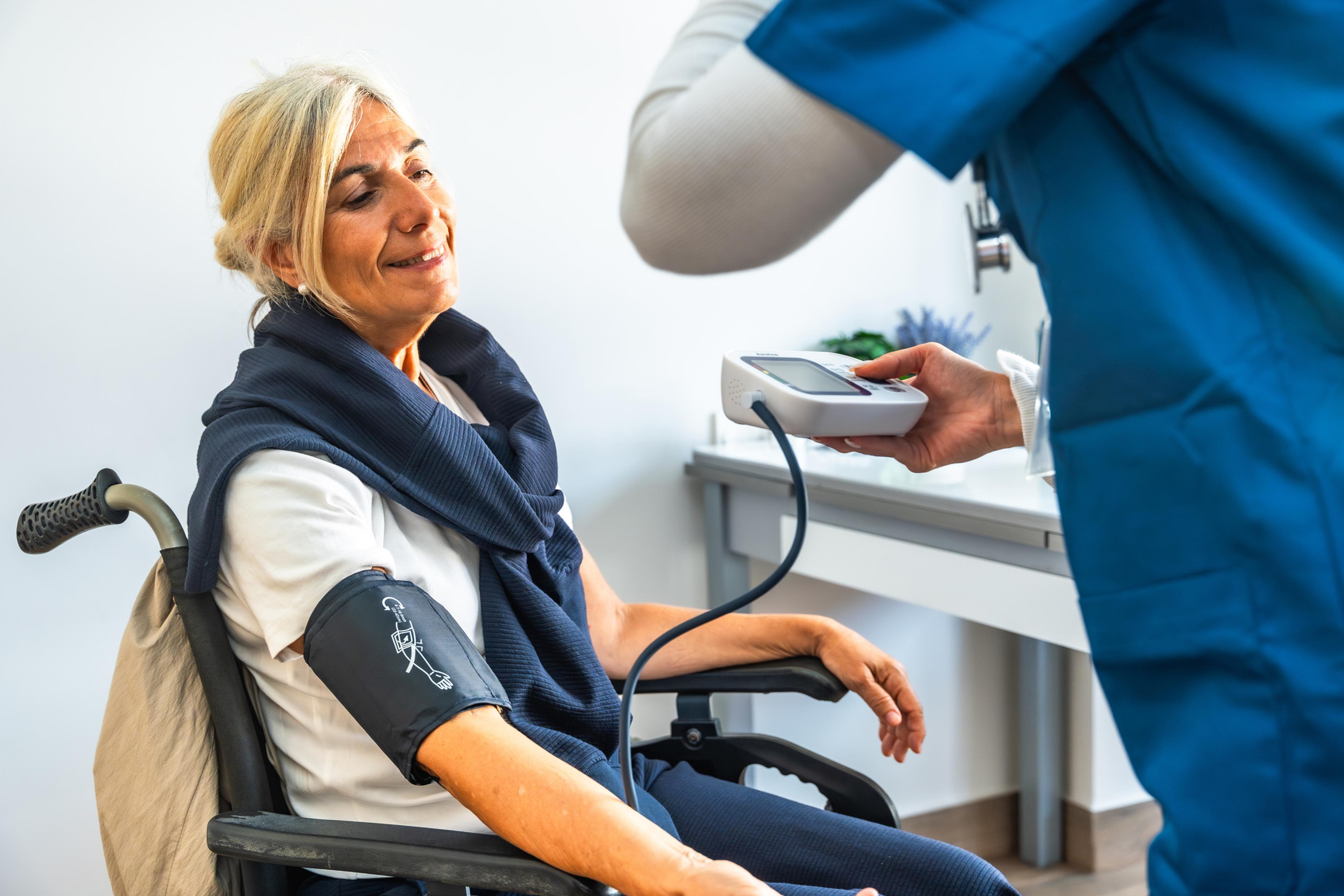Causes of Frequent Urination: When You Should Be Concerned

Blue Daily
| 3 min read

Needing to urinate frequently can be a sign of an existing condition or an effect of diet, lifestyle or medication. More than 33 million Americans deal with frequent urination or an overactive bladder, including up to 30% of men and 40% of women.
Symptoms of frequent urination
Needing to urinate more than seven to eight times a day or urinating more than 2.5 liters a day is considered frequent urination. Those over the age of65, with an enlarged prostate or pregnant women most commonly experience increased frequency of urination. The frequent need to urinate may be accompanied by increased urgency. Most of the time, frequent urination is not cause for urgent concern or emergency care, but seek immediate medical attention if you are also experiencing:
- fever
- vomiting
- pain in the lower back or side
- blood in the urine
- red or brown urine
- vaginal or penile discharge
- difficulty urinating
- loss of bladder control
Talk to your doctor about frequent urination if you’re also experiencing:
- the need to get up several times throughout the night to urinate
- discomfort, burning sensation or pain when urinating or when needing to urinate
- strong-smelling urine
Causes of frequent urination
The need to urinate frequently is associated with multiple causes, including existing conditions, infections, certain medications and foods, and injuries and trauma. The most common causes include:
Alcohol and caffeine
Alcohol and caffeine are both diuretics, meaning they increase the rate that salt and water are removed from the body. This results in an increased need to urinate.
Diabetes
Both Type 1 and Type 2 diabetes can cause frequent urination and an increased volume of urine.
Heart disease
Heart disease may cause an increased need to urinate and edema, a swelling of fluid in soft tissue most often in the legs and feet.
Infections
Urinary tract infections are the most common cause, but bladder, kidney and vaginal infections may also cause frequent urination. These infections are often accompanied by discomfort, pain or a burning sensation when urinating.
Pelvic floor and bladder conditions
Besides infection, other conditions affecting the pelvic area or bladder can cause frequent urination, including:
- bladder pain syndrome
- overactive bladder syndrome
- radiation therapy
- bladder cancer or tumor
- urethral stricture or a narrowing of the urethra
- bladder, urethral or uterine prolapse
Medications
Many medications cause frequent urination as a side effect. If this becomes unmanageable, talk to your doctor.
Neuropathy, nerve damage and injuries
Stroke, fibromyalgia, nerve damage and injuries to the spine or pelvic area may cause an increased need to urinate.
How to manage frequent urination
If you are experiencing frequent urination without knowing the cause, talk to your doctor. You can keep a journal to document the frequency or urination, as well as foods, drinks and medications. You can eliminate caffeine and alcohol from your diet and exercise your pelvic floor muscles to see if these help you urinate less frequently.
Treatment for frequent urination varies based on the cause but may include medications that affect bladder control and incontinence. The most common cause of frequent urination is infection, which is usually treated with antibiotics or steroids. There are a variety of diagnostic tools that can determine the cause of frequent urination, including:
- blood sugar tests
- blood urea nitrogen tests
- electrolytes tests
- fluid deprivation tests
- urinalysis and 24-hour urine tests
- urodynamic testing to see how much the bladder empties
- ultrasound and CT scans
- cystoscopy, or a scope of the urethra and bladder
Related:





